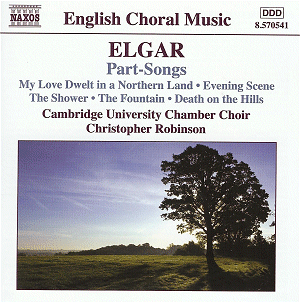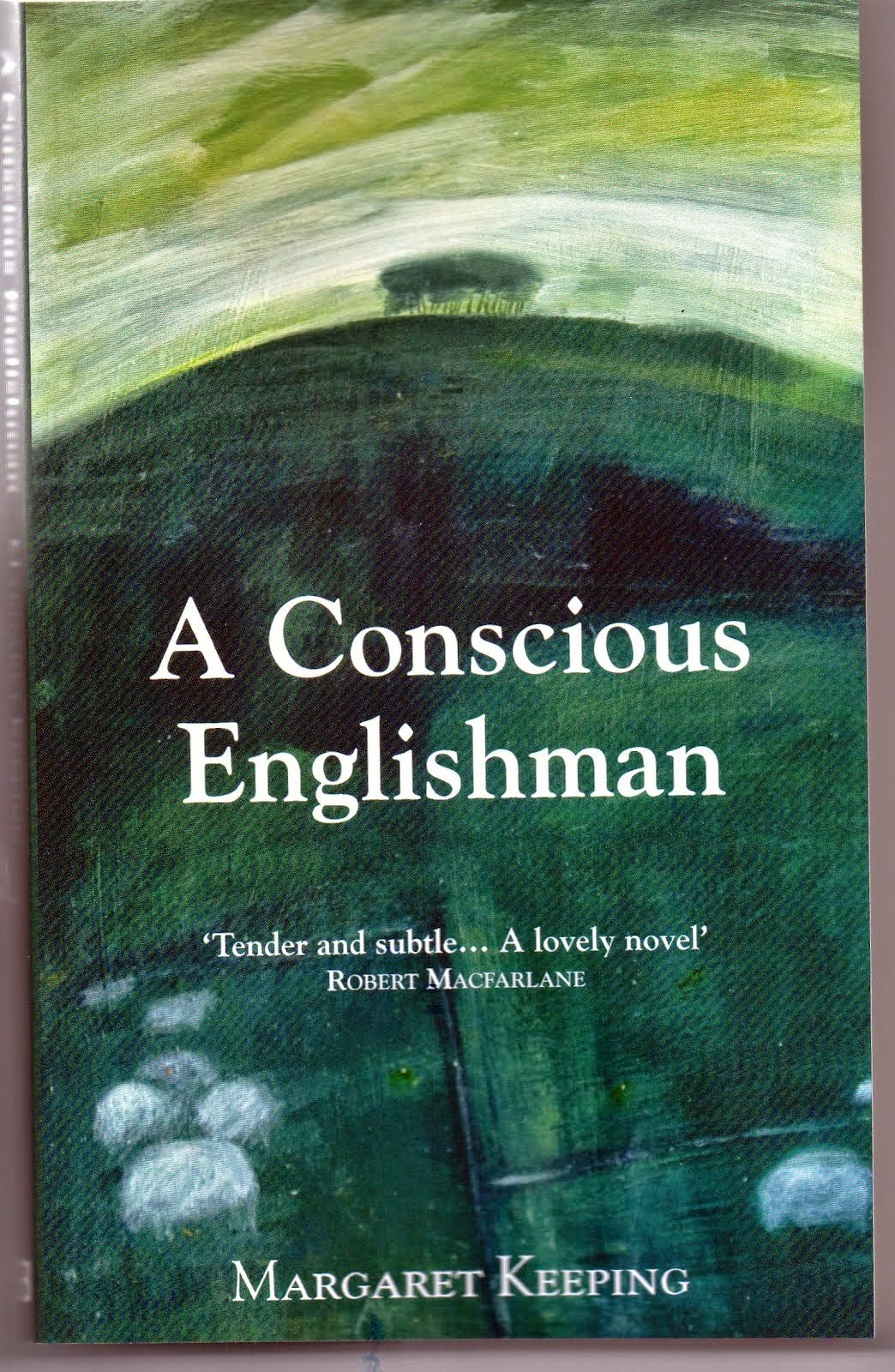The Forest Poems
 |
| Manuscript of The Dark Forest |
Forest is one of the most frequent symbols in the poetry, but he disliked obvious symbolism and the 'forest' meanings change with context. 'and our explanations tend to sound heavy and clumsy compared to the poet's touch' (Coombes)
The Green Roads, The Dark Forest, Lights Out.
 |
| Spencer Gore, The Icknield Way, 1912. creative commons.wiki
Edward Thomas was specific about the 'forest' in the Green Roads.
'a fragment left 6 miles from here. (Hare Hall Camp), the best of all this county. I go there every time I can.... You can't imagine a wilder, quieter place.'
It is a fairy-tale, emblematic landscape with old man and child, goose feathers and the Hansel and Gretel -ist track.
The second line has an interesting internal rhyme structure which has a sense of wandering, but because of the dominance of forest, we seem to be getting drawn in under the forest canopy more and more.
An oak tree ages and dies, but there is memory and the present and future repeating moment of thrush song.
The Green Roads
The green roads that end in the forest
Are strewn with white goose feathers this June, Life marks left behind by someone gone to the forest To show his track. But he has never come back. Down each green road a cottage looks at the forest. Round one the nettle towers; two are bathed in flowers. An old man along the green road to the forest Strays from one, from another a child alone. In the thicket bordering the forest, All day long a thrush twiddles his song. It is old, but the trees are young in the forest, All but one like a castle keep, in the middle deep. That oak saw the ages pass in the forest: They were a host, but their memories are lost, For the tree is dead: all things forget the forest Excepting perhaps me, when now I see The old man, the child, the goose feathers at the edge of the forest, And hear all day long the thrush repeat his song. The Dark Forest
Dark is the forest and deep, and overhead
Hang stars like seeds of light In vain, though not since they were sown was bred Anything more bright. And evermore mighty multitudes ride About, nor enter in; Of the other multitudes that dwell inside Never yet was one seen. The forest foxglove is purple, the marguerite Outside is gold and white, Nor can those that pluck either blossom greet The others, day or night.
{Not even beloved and lover or child and mother,
One from within, one from
Without the forest could recognise each other,
Since they have changed their home.}
This last stanza he omitted - it was presumably too obvious. It does make it clear that the poem is elegiac and the separation of living from dead, the war dead, is absolute.
It made me think of the extraordinary 1914 choral work by Elgar, Death on the Hills - must be heard to have the full heartbreaking impact. (The words are from a Russian poem by Maykov translated by Rosa Newmarch.)
Death on the Hills
Why o'er the dark'ning hill-slopes
Do dusky shadows creep?
 Because the wind blows keenly there, Or rainstorms lash and leap? No wind blows chill upon them, Nor are they lash'd by rain: 'Tis Death who rides across the hills With all his shadowy train. The old bring up the cortege, In front the young folk ride, And on Death's saddle in a row The babes sit side by side. The young folk lift their voices, The old folk plead with Death: "O let us take the village-road, Or by the brook draw breath. "There let the old drink water, There let the young folk play, And let the little children Run and pluck the blossoms gay." (Death speaks) "I must not pass the village Nor halt beside the rill, For there the wives and mothers all Their buckets take to fill. "The wife might see her husband, The mother see her son; So close they'd cling - their claspings Could never be undone."
LIGHTS OUT
Photograph by Gemma Davies, from the marvellous Oxford Brookes Fine Art Degree show - ends tomorrow, 17th May - go if you can. None of the old shock and irony but beautiful , ugly, varied, imaginative explorations of the world and the human condition. Almost entirely women - aren't young men allowed to go to Art School anymore but channelled into 'useful' ie lucrative jobs?
"Through the use of a camera obscura - an optical device- she creates a visual paradox that transposes one time and one place on another. This juxtaposition imbues a sense of deliberate ambiguity which immerses the viewer in the uncanny ..."
I chose it because Lights Out is primarily about sleep, a positive thing for Thomas. But there are layers of meaning, 'shelf upon shelf' in the poem, and he was nearing the time when he would be tested, would 'find out' as he wanted.
Lights Out
I have come to the borders of sleep,
The unfathomable deep Forest where all must lose Their way, however straight, Or winding, soon or late; They cannot choose. Many a road and track That, since the dawn's first crack, Up to the forest brink, Deceived the travellers, Suddenly now blurs, And in they sink. Here love ends, Despair, ambition ends, All pleasure and all trouble, Although most sweet or bitter, Here ends in sleep that is sweeter Than tasks most noble. There is not any book Or face of dearest look That I would not turn from now To go into the unknown I must enter and leave alone I know not how. The tall forest towers; Its cloudy foliage lowers Ahead, shelf above shelf; Its silence I hear and obey That I may lose my way And myself. --------------------------------------------------------------------- And now from 'The Other' , that's the end of the forest -
The forest ended. Glad I was
To feel the light, and hear the hum Of bees, and smell the drying grass And the sweet mint, because I had come To an end of forest, and because Here was both road and inn, the sum Of what's not forest. ---------------------------------------------------------------------------------------------------------------------------------------------------- Publishing Matters If you have read 'A Conscious Englishman' and liked it, or even not entirely liked it, I would be so grateful if you would take five minutes to review it on Amazon. It's not necessarily that I'm pro-Amazon, but increasingly people use it as a reference book about fiction and other books. Especially as they have now taken over goodreads. Thank you in advance. Publisher Frank Egerton's Streetbooks page has kept very up-to-date with reviews - they are on www.streetbooks.co.uk ------------------------------------------------------------------------------------------------------ |


Wow i can say that this is another great article as expected of this blog.Bookmarked this site..
ReplyDeleteGreen Roads
polo ralph lauren outlet
ReplyDeletesupreme new york
uggs
canada goose outlet
air jordan shoes
louis vuitton outlet online
uggs outlet
mont blanc pens
ray ban sunglasses
pandora jewelry
cc20180930
supreme clothing
ReplyDeleteyeezy boost 350
off white x nike
kobe byrant shoes
yeezy shoes
supreme outlet
supreme clothing
curry shoes
curry shoes
golden goose